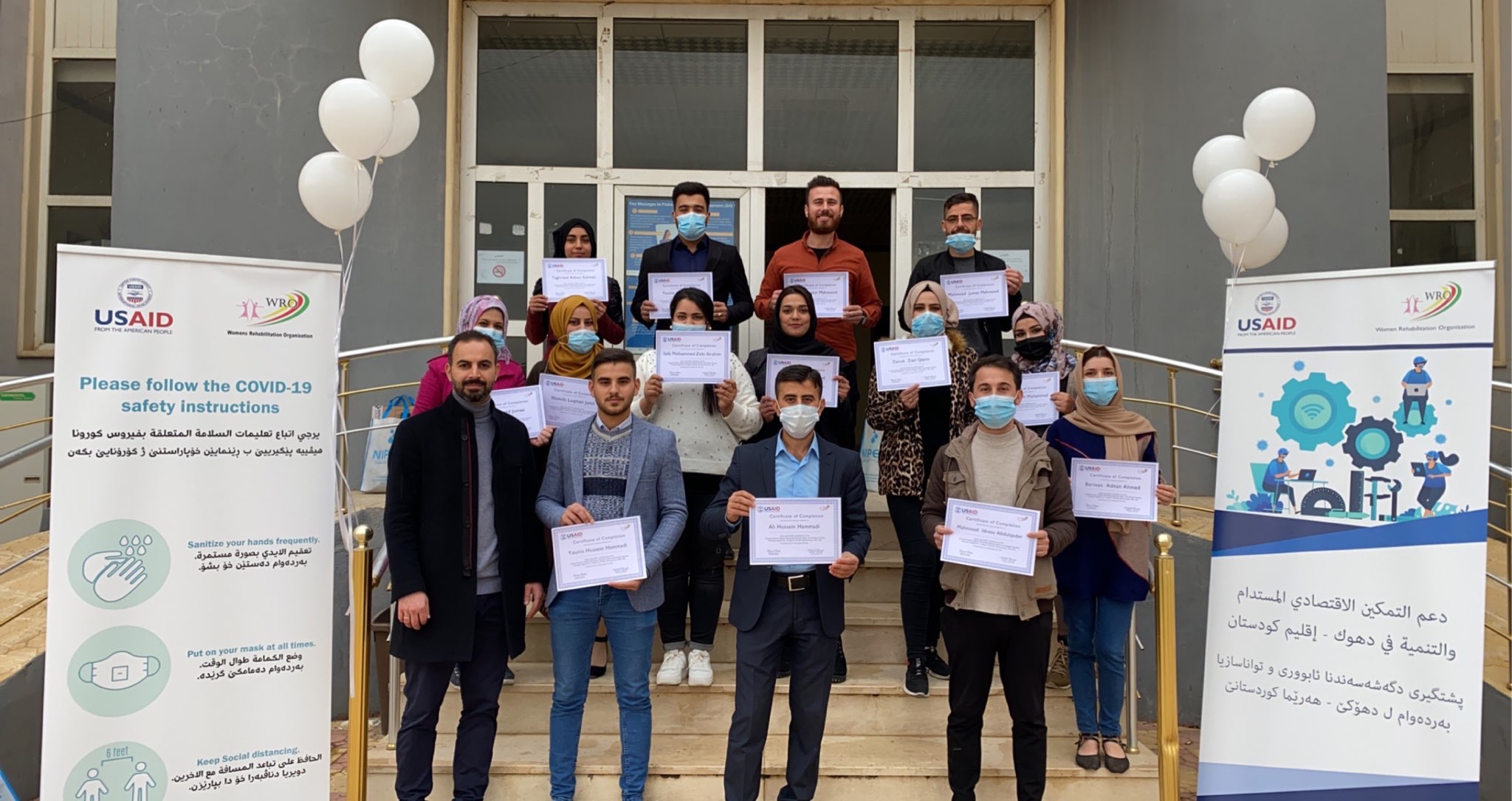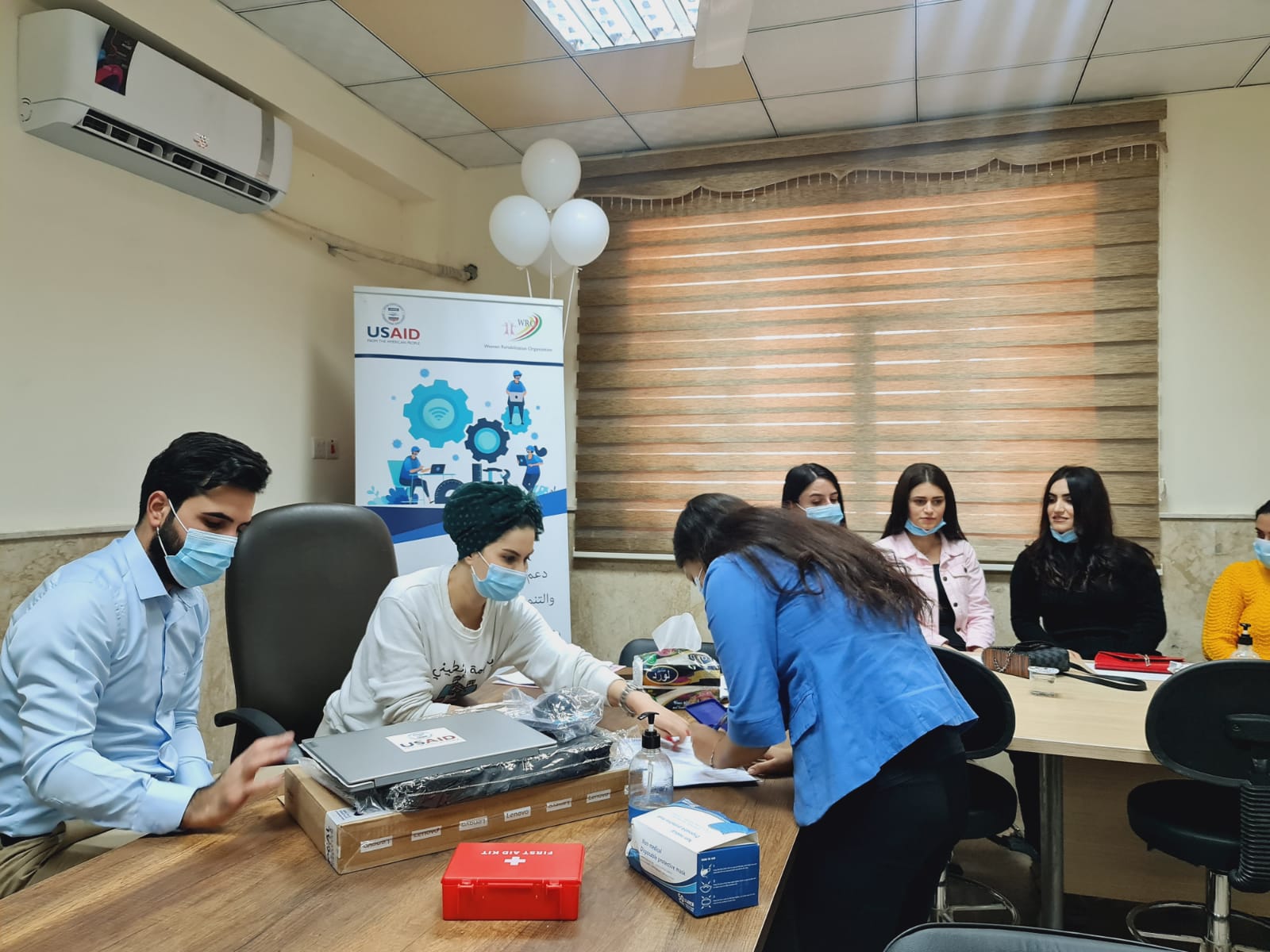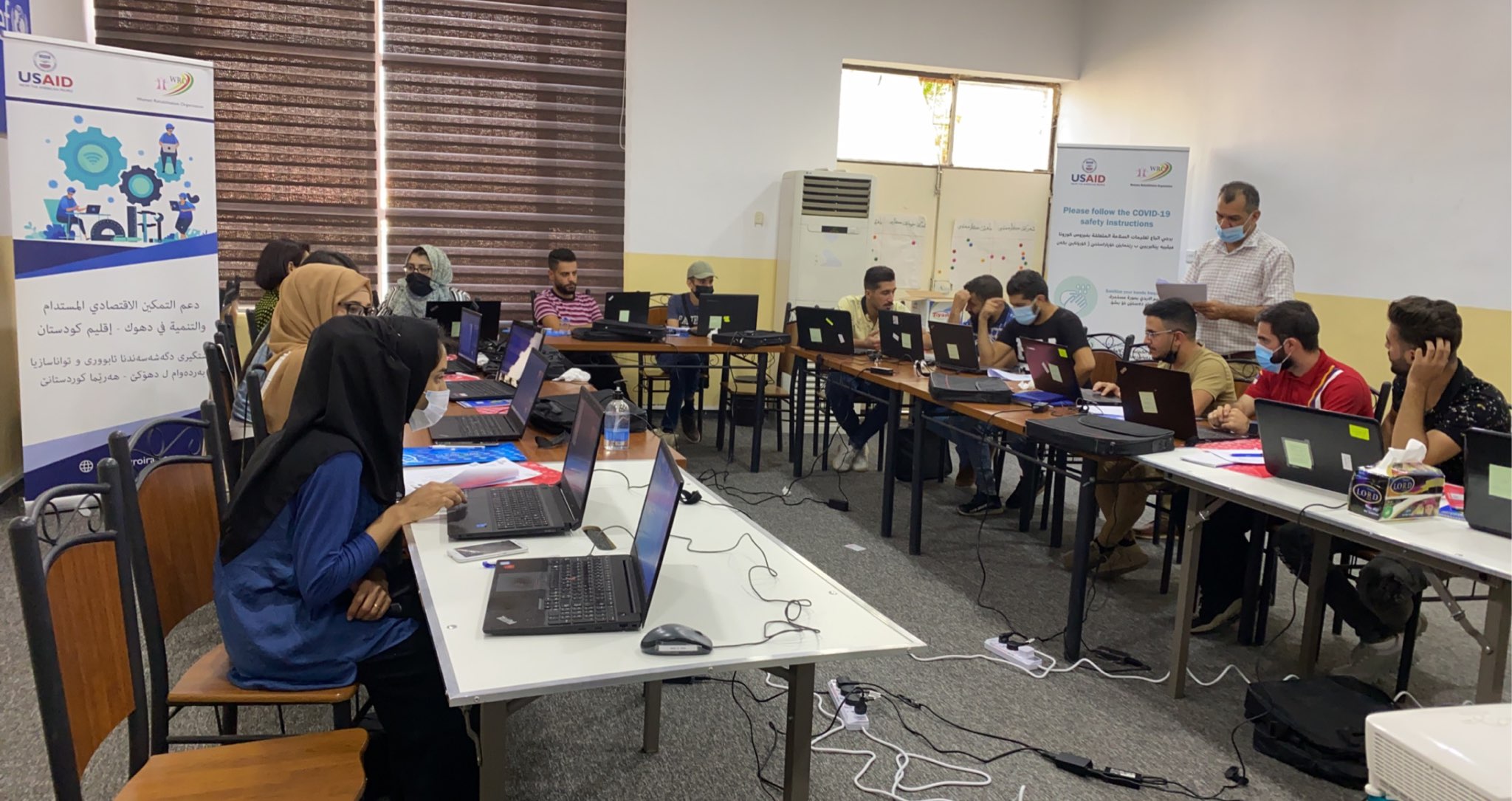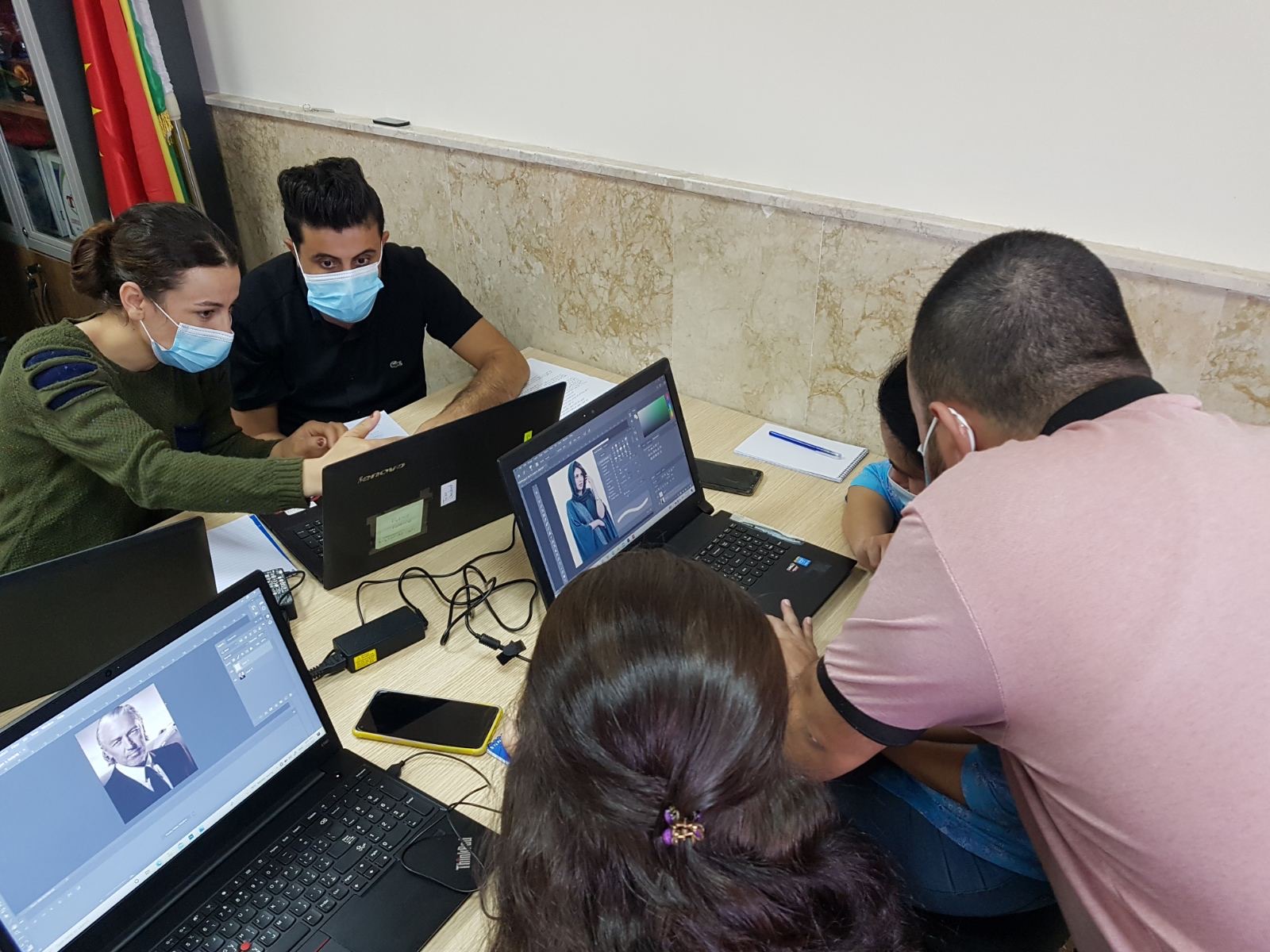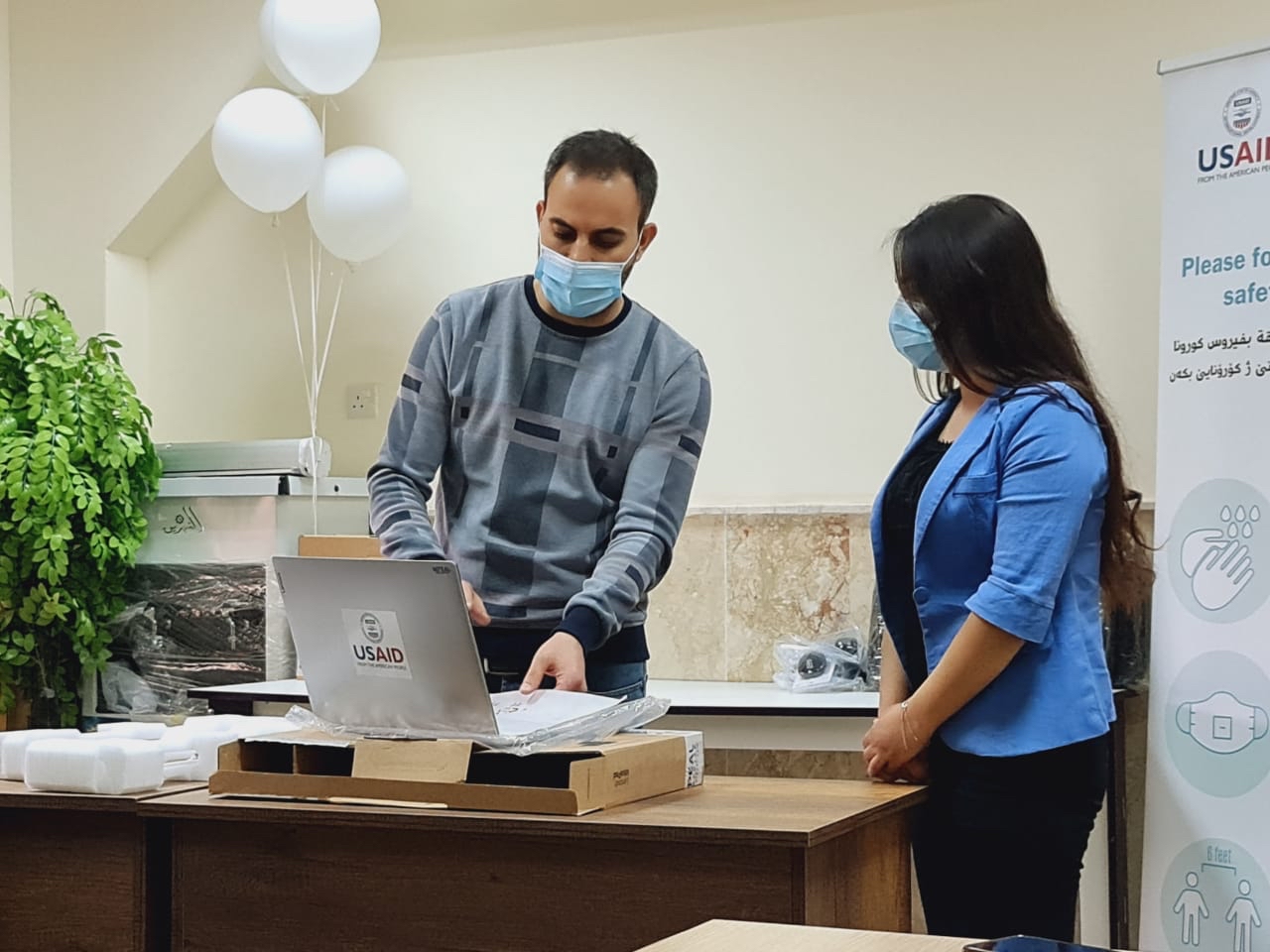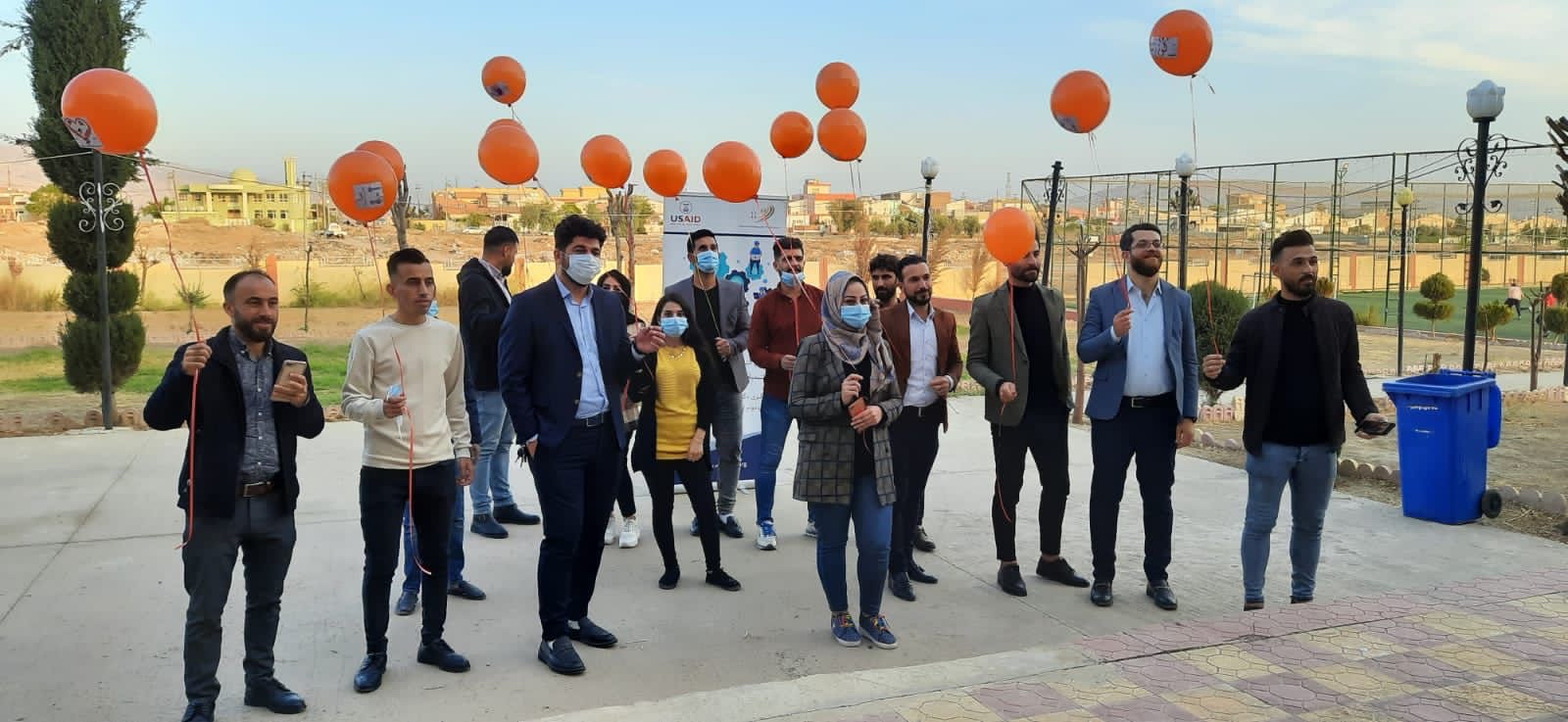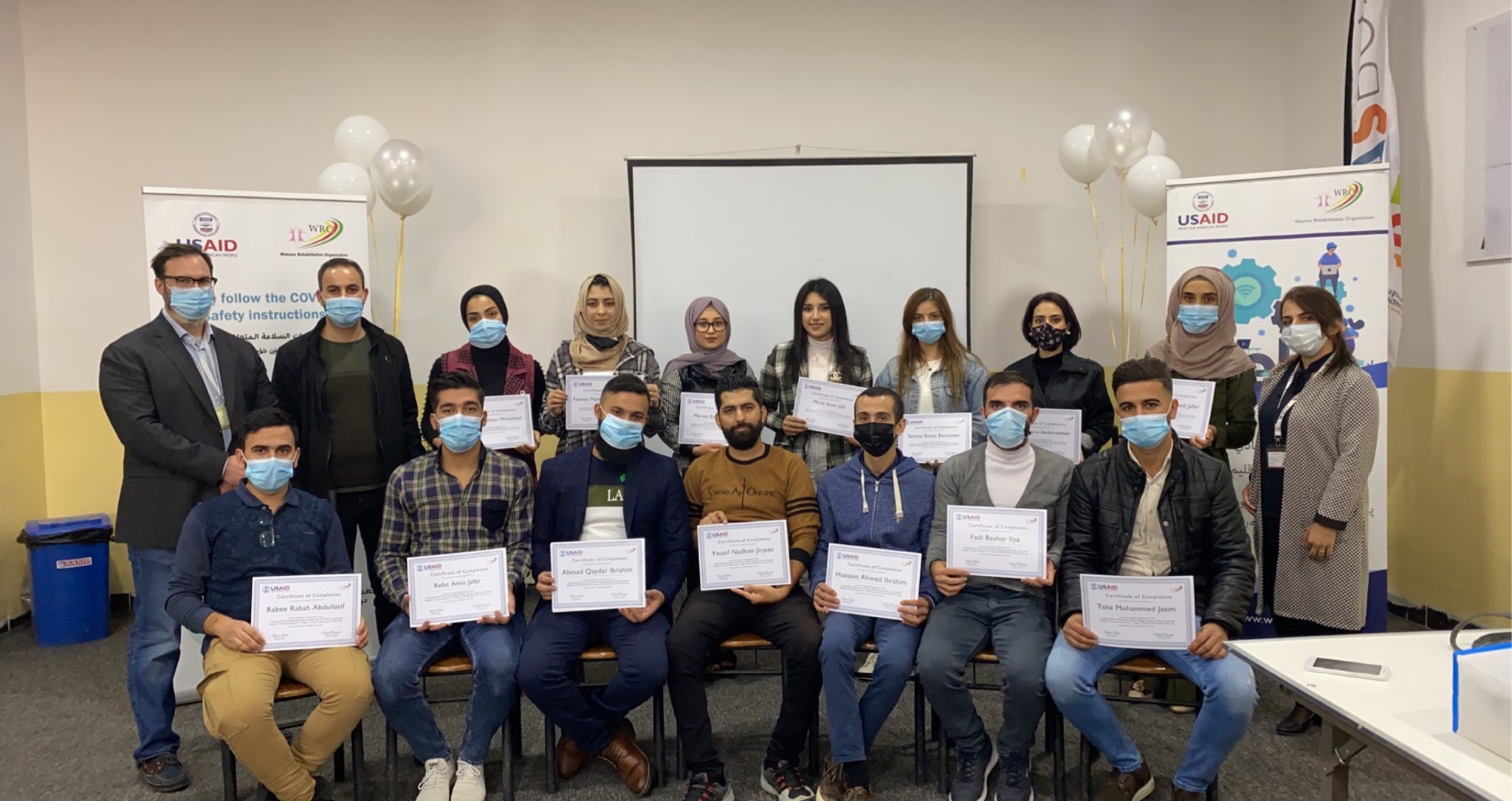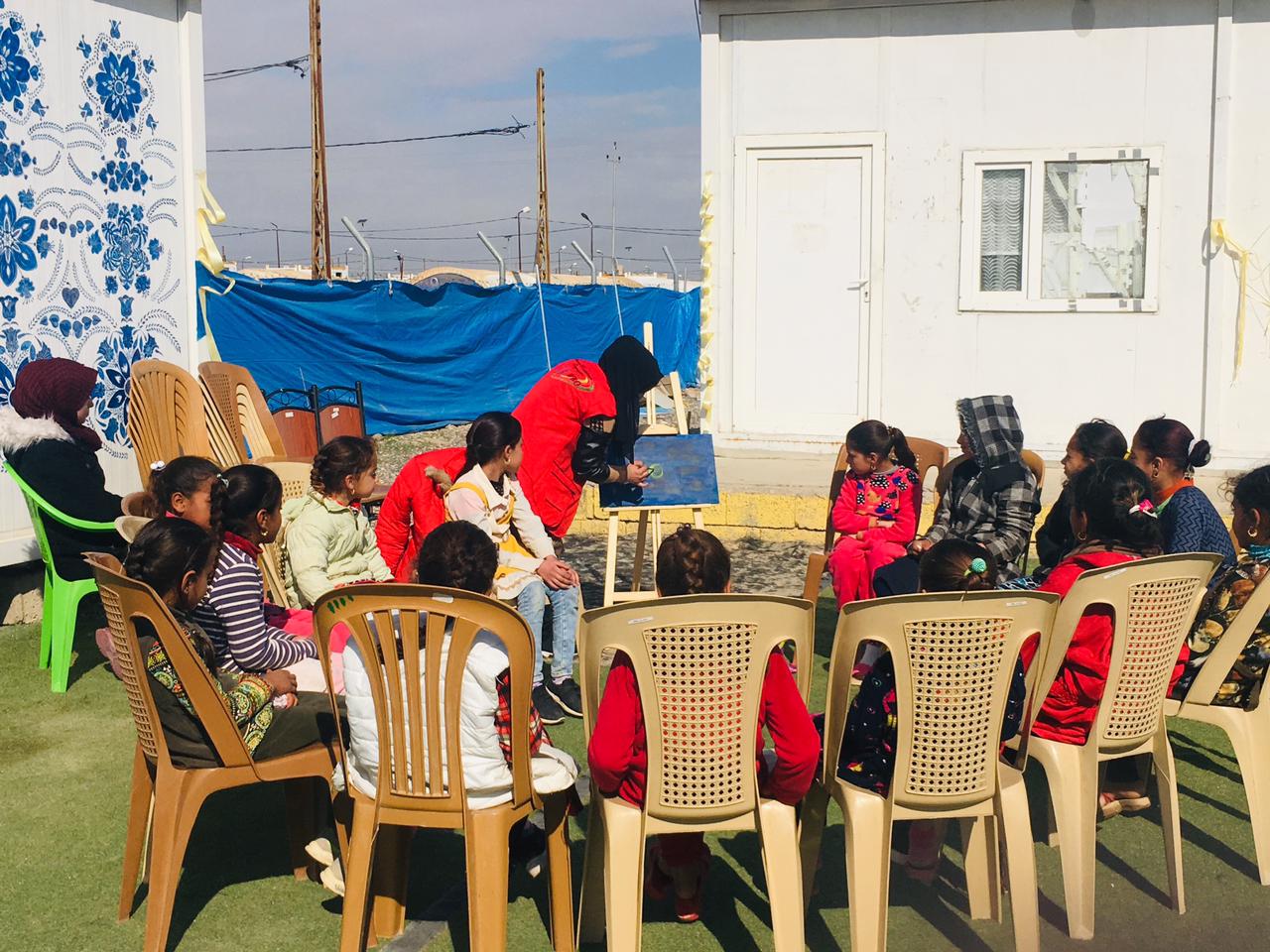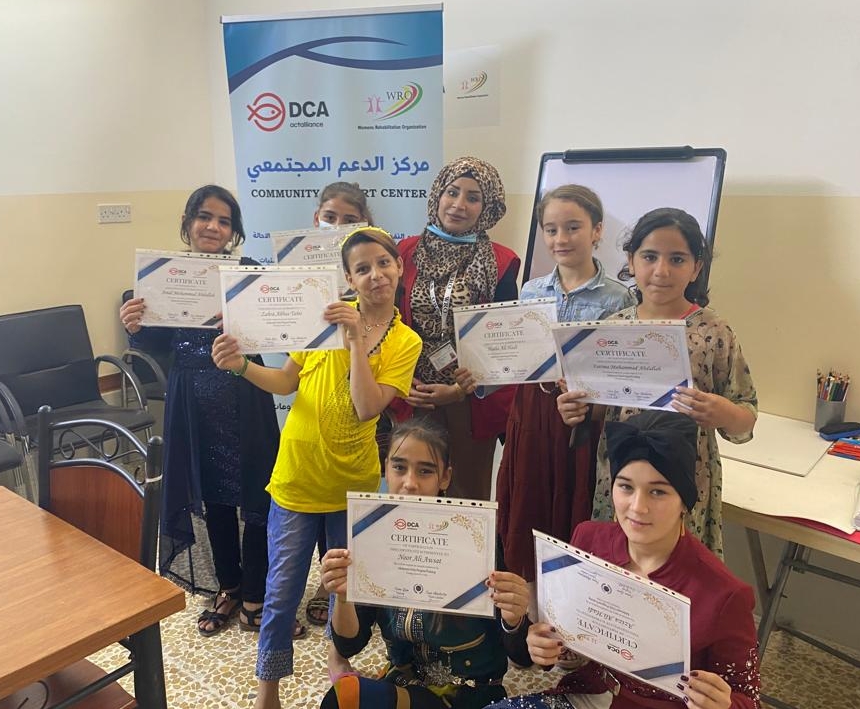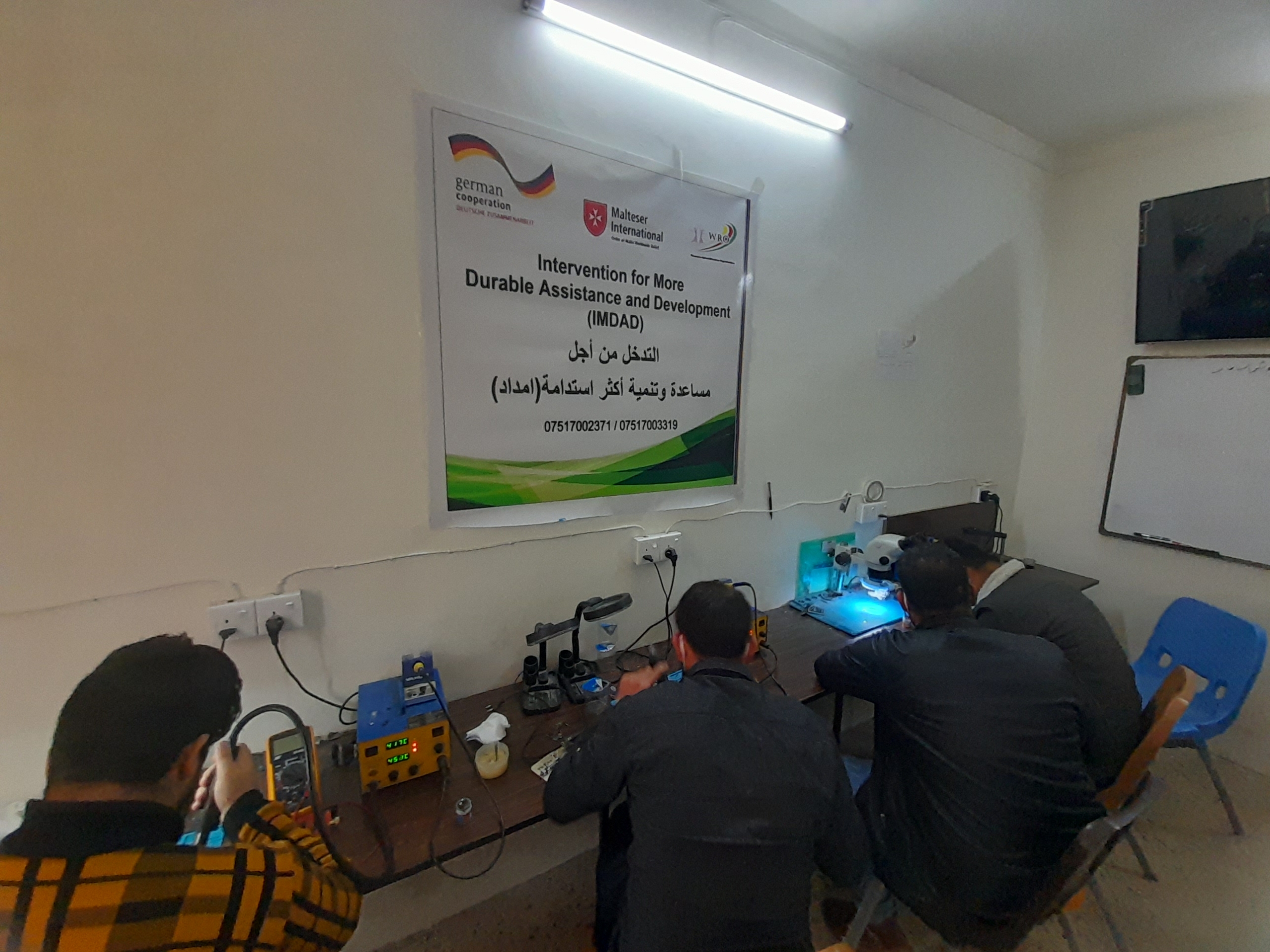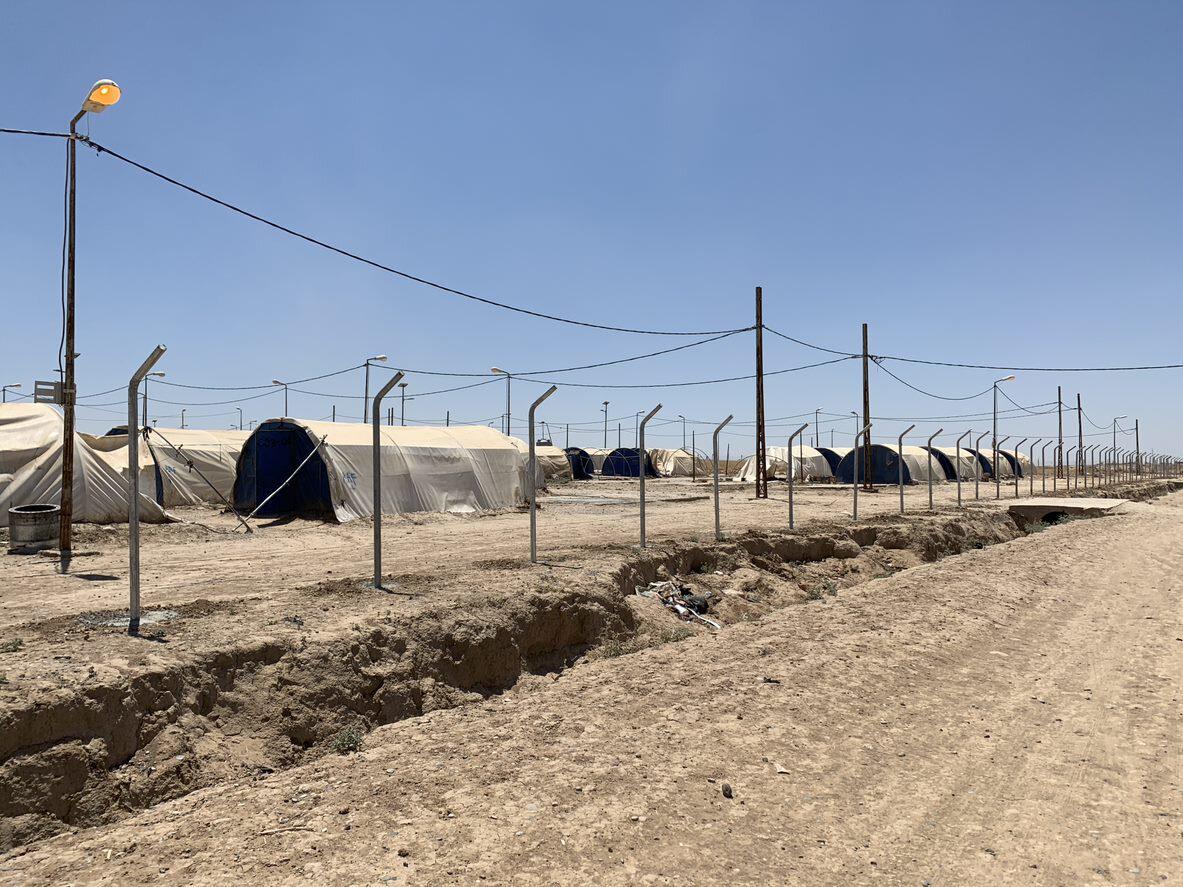Project Description
Donor/Partner: DCEO/CHEMONICS/USAID
Duration: 2021
Location: Dohuk Governorates: Iraq/IKR
Summary:
The overall aim of this community-based livelihood intervention is to contribute to restoring the foundations for sustainable development by strengthening the capacities of communities to achieve sustained livelihood recovery and economic resiliency. The focus is on promoting gender equality at the local level, improving household/community livelihood, contributing to local economic recovery, and enhancing social cohesion. The initiative will will focus on restoring livelihoods and economic assets of Marla Fund eligible beneficiaries through establish or re-establish livelihoods through a beneficiary-led process, and identify and support individual-level assistance including in-kind support and training.
Project Objectives:
Outcomes:
- Existing and new service and product producers have increased capacity development and increase in livelihoods income opportunities.
- Inclusion, equal participation and resiliency are strengthened and promoted in a targeted manner.
Outputs:
1) 60 Existing and new service and product producers have engaged and received support in sustainable VTC and employability/business skills capacity building programs.
2) 60 Community members and related partners have received capacity building in equal participation and community cohesion and resiliency
Moreover, the program has been adapted in response to the global COVID-19 pandemic in that it specifically contributes to addressing the significant economic depression that has resulted from the pandemic by bolstering economic productivity at the individual, family, and community levels to support the purchasing power for critical basis needs, and spurring monetary distribution.
WRO will implement theoretical and practical vocational training courses for four innovative trades. In addition to the trade-specific topics covered, WRO will provide support to all beneficiaries in general business and life skills. This further capacity building will cover economic empowerment as well as gender sensitivity, gender equality, and labor rights. Mainstreaming will contribute to mitigating the negative factors which correlate to solidify economic and gender disparity. WRO will integrate protection into the project and include gender awareness training sessions on topics including GBV identification, prevention and response, intimate partner violence (IPV), resource and referral mechanisms, and raise awareness on importance of social, economic, and political participation. These sessions will take into account COVID-19 precautions throughout implementation. Following the completion of training, WRO will implement the second and final phase of the activity. In the second phase, WRO will provide start-up support to all sixty beneficiaries in the form of start-up kits. WRO will supervise the procurement of goods and materials necessary for businesses along with the beneficiary to ensure procuring according to the best standards. After the provision of startup assistance, WRO will monitor the businesses and support beneficiaries.
RESULTS
60
Women and Men completed the comprehensive Vocational Training component which provided an opportunity where very limited opportunities existed to not only gain detailed hard and soft skills sets in innovative areas of technical, business, and employability skills but also provide a start-up package to provide viable opportunities for beneficiaries to begin their own micro-enterprise for sustainable self-income or to continue to enhance their skills sets and strengthen their qualifications for sustainable employment.
60
Women and Men engaged sensitive ethnoreligious social cohesion through providing a platform for participants to build their capacity on vital social issues by achieved strengthened awareness of violence against women/GBV and promoting the advancement of gender equality not only through the Gender Equality/GBV training sessions but promoting women’s active participation and engagement in the program in-turn challenging harmful social norms that perpetuate limited opportunities for women especially in non-traditional social and career opportunities.



